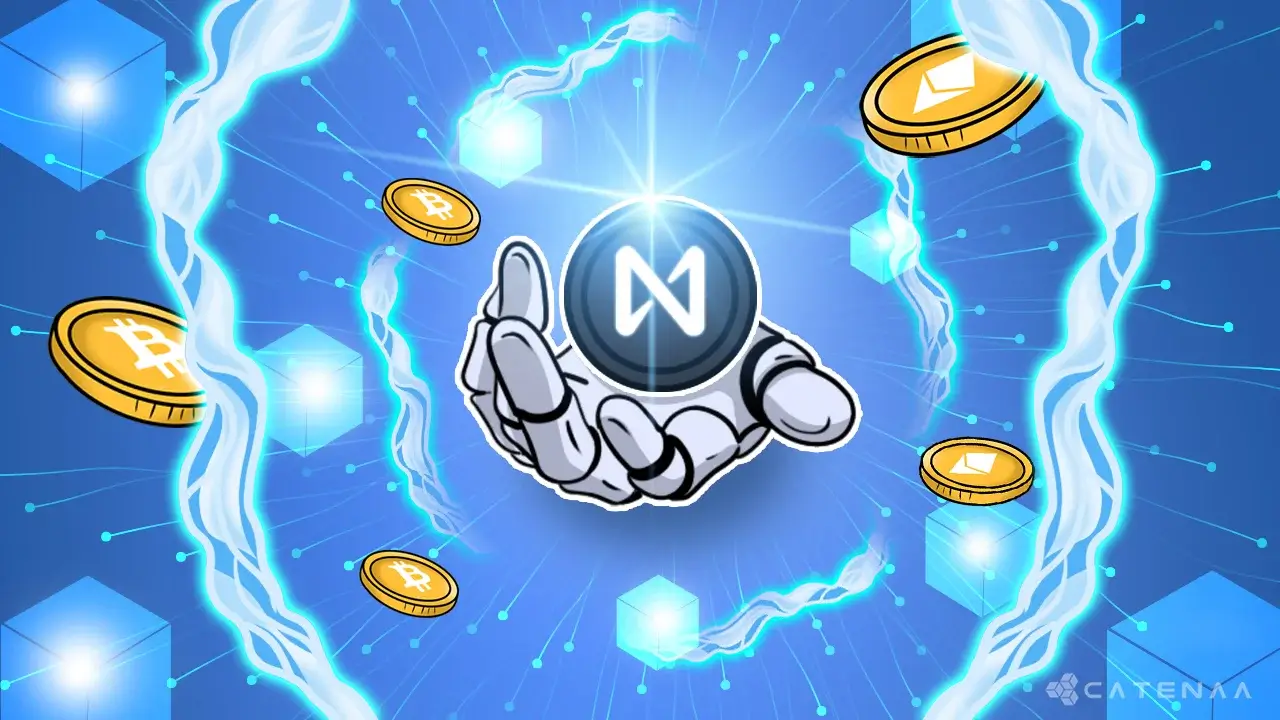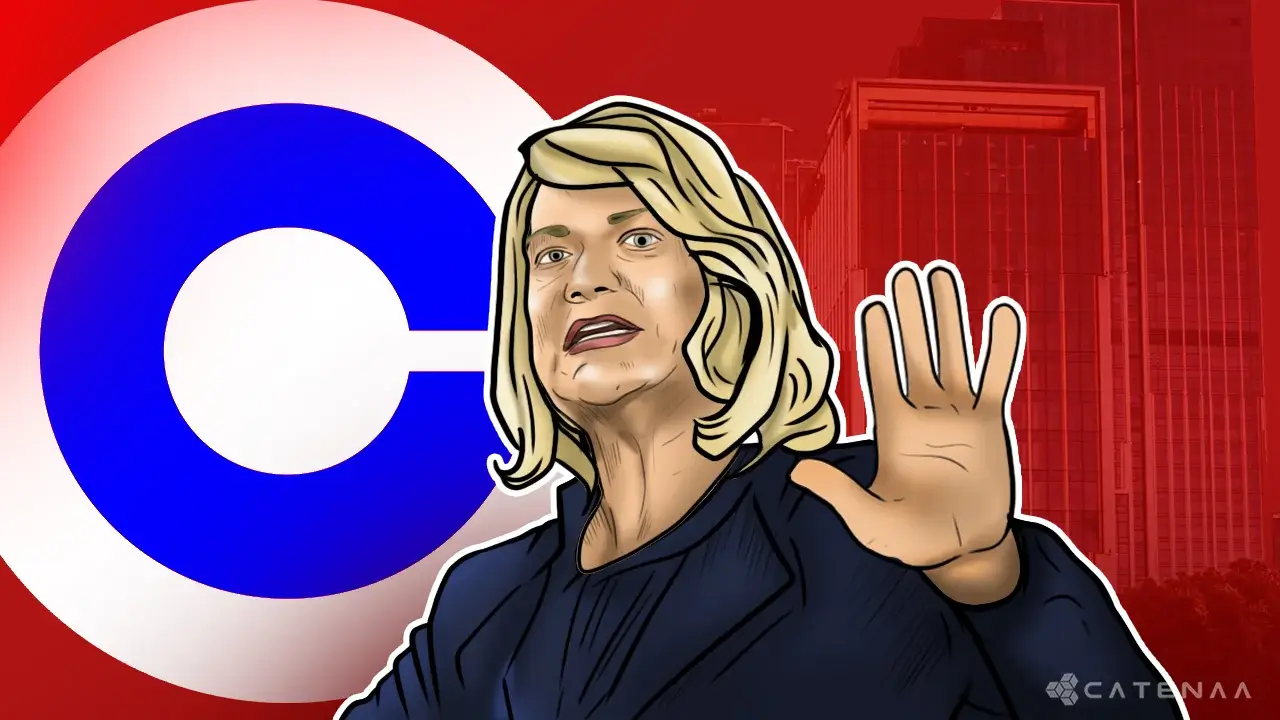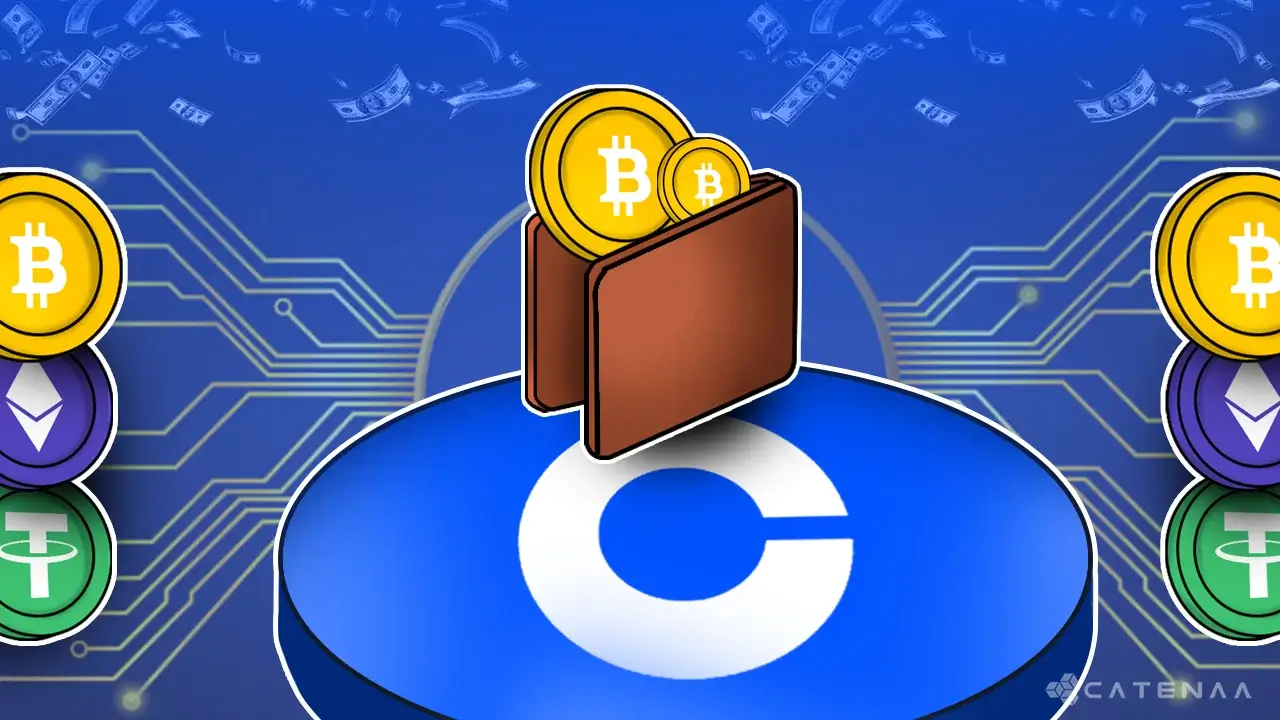NEAR Foundation is an organization focused on supporting the social process as part of a redistributed system. As time passes, the mission of NEAR is to continue expanding as more resources will be made available through ecological and local financial resources.
NEAR’s Vision of the Future:
The foundation aspires to nurture the ecosystem’s development by assisting and enabling others to reinvent business, innovation, and humanity in their setting. The foundation encourages people to join the ecosystem by acting as a trusted party and gateway into this world.
NEAR Launches Web3 Blockchain Operating System
Recently, NEAR announced that it would evolve into the Blockchain operating system (BOS). The Blockchain operating system delivers a universal breakthrough for the sector, allowing users to explore the internet with full freedom & create open experiences that would be consistent among all Blockchains. They are continuing to make NEAR the access point to the open internet for both users and developers.
The Blockchain OS is being marketed as a modular interface for Web3, permitting users to discover all of Web3 in a single smooth transition. Web3 is the World Wide Web’s latest model. Web3 offers open-source, Blockchain-based data decentralized solutions.
Developers of this technology claim that this would deprive Big Tech of power, enhance visibility, foster innovation, and offer users control over their data and interactions with other users.
Everyone in the Open Web ecosystem, as per the organization, can design their unique frontends suitable to the Blockchain of their preference. This implies that developers from any platform may construct components in just a few lines of programming and use quick onboarding to create new and personalized Web3 interactions.
Blockchain Operating Systems are currently virtual. That is, they do not run on your computer’s hardware but rather in the cloud. This implies you can control your Blockchain from a computer or a mobile device. Like other operating systems such as Windows, Linux, or others, the BOS adds a layer beyond the program to facilitate communication with hardware. The Blockchain-based OS provides advantages regarding privacy and security, along with deregulated, decentralized usage of OS.
The concept of Blockchain OS is still in its pilot stages, and real-world applications are restricted. But, if it is successful in providing a flawless and clutter-free operation of the device OS, it may not be long until millions of devices are running on such Blockchain operating systems. 1
Pros and Cons of a blockchain operating system
Pros
- Immutability: this is supported by Blockchain, which means that data acquired cannot be undone or substituted. As a result, the Blockchain prohibits the manipulation of information stored in it.
- Transparency: Since the Blockchain is decentralized, any network member may validate data stored on the Blockchain. As a result, the public could develop a belief in the network.
- Censorship: since it is not controlled by a single entity, blockchain technology is immune to censorship. As a result, no one can disrupt the network’s financial functionality. Traceability: Blockchain generates a permanent financial reporting record, which allows for straightforward tracing of network alteration.
Cons
- Reliability and Agility: Since blockchain technology performs greater processes, it is significantly slower than conventional databases. First, it does a verification process, which entails cryptographically signing transactions. A consensus mechanism is used to check and verify the signed transactions. The transaction flow of some consensus systems, such as proof of work, is weak. Leading to less transaction throughput and higher network congestion.
- Costly implementation: Blockchain is more expensive than an everyday database, and it requires adequate scheduling and implementation for firms to incorporate Blockchain into their workflows.
- Modification of Data: Blockchain technology will never enable the simple change of data once it has been recorded, and recreating the algorithms across all blocks is time-consuming and costly. The disadvantage of such a characteristic is that it is hard to fix errors or make required modifications.
Concerning needs, one solution does not apply to all, and this is also true with Blockchain technology. Although Web3 and Blockchain are generating a lot of industry excitement, and many corporations are attempting to switch from Web2 to Web3, this is not a simple “hoisting” sort of solution.
Businesses should do their research and undertake in-depth assessments to figure out whether blockchain technology suits their requirements, and then execute the development of or migration to Web3 to conform to that determination.
The future of the Blockchain operating system
Our present operating system is centralized, from our finances to our data. It is also opaque, so when you order something apart from an upstream supplier, we do not necessarily know what we are getting. We also trust our data with institutions, so what happens is that our operating systems become a repository. We are still rooted in business models of the past, so we have these silos of data where we are all separated by overly complex point-to-point integration. The ability to unlock value and unlock new economies is where the Blockchain comes in. It is a decentralized representation of the operating system. Blockchain has its own merits and demerits, and therefore, it is not going to rule them all. Developers do not have to depend upon using one Blockchain for all their requirements, so they use the best Blockchain that can make their task easy and combine the best features for multiple blockchain operating systems. We are moving to a decentralized landscape that unlocks and enables transparency as a proactive and self-enforcing system.
Blockchain technology is cutting-edge. It will change how confidential data is stored and how purchases for merchandise and services are made, making life easier and safer. Every transaction is recorded permanently and reified thanks to blockchain technology. It is extremely difficult to commit fraud, hack, steal data, or lose information with this imperishable digital record. Every sector of the global economy, including manufacturing, retail, transportation, healthcare, and real estate, will be impacted by technology.


